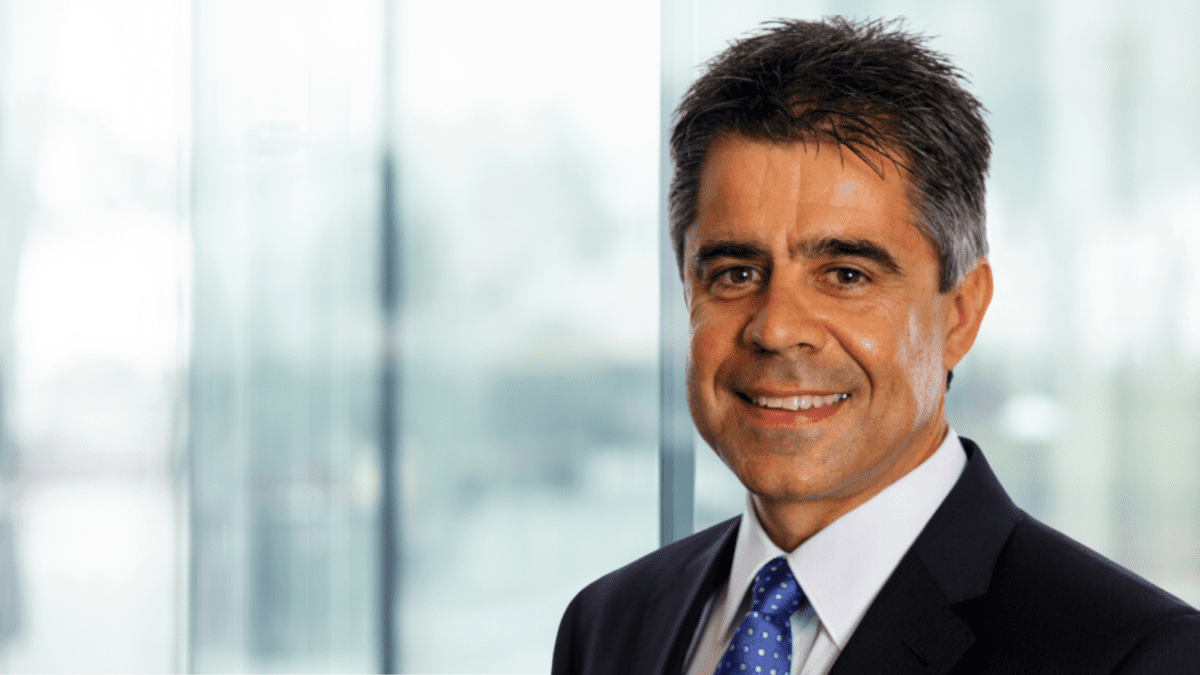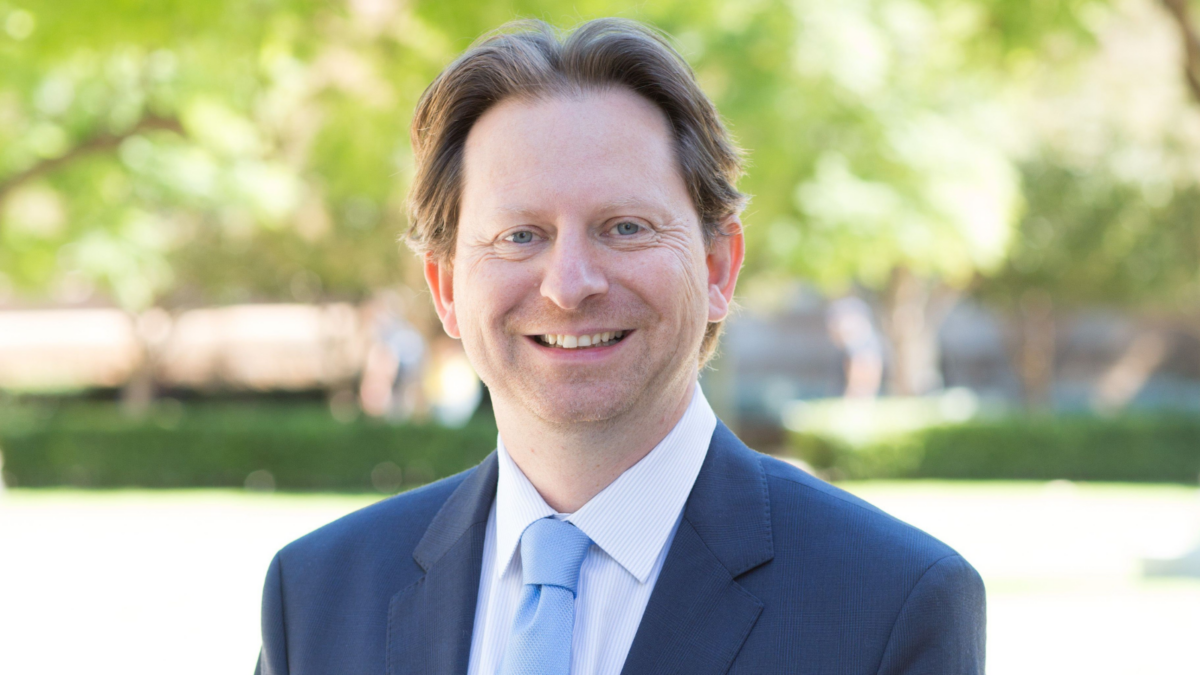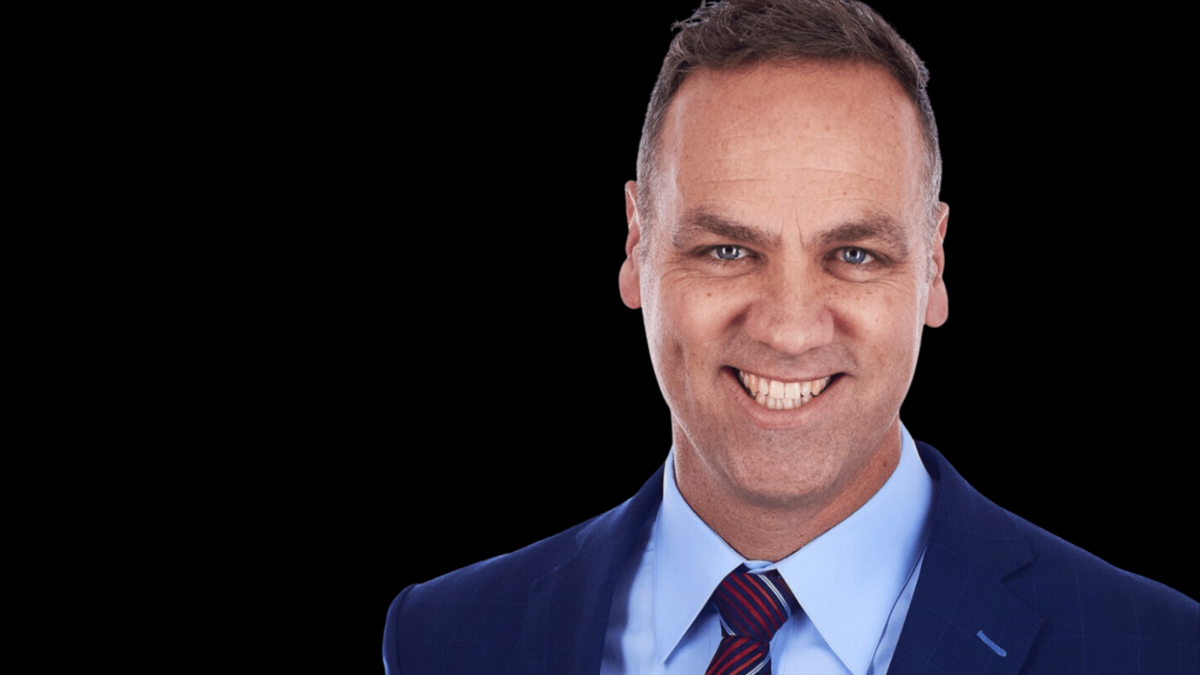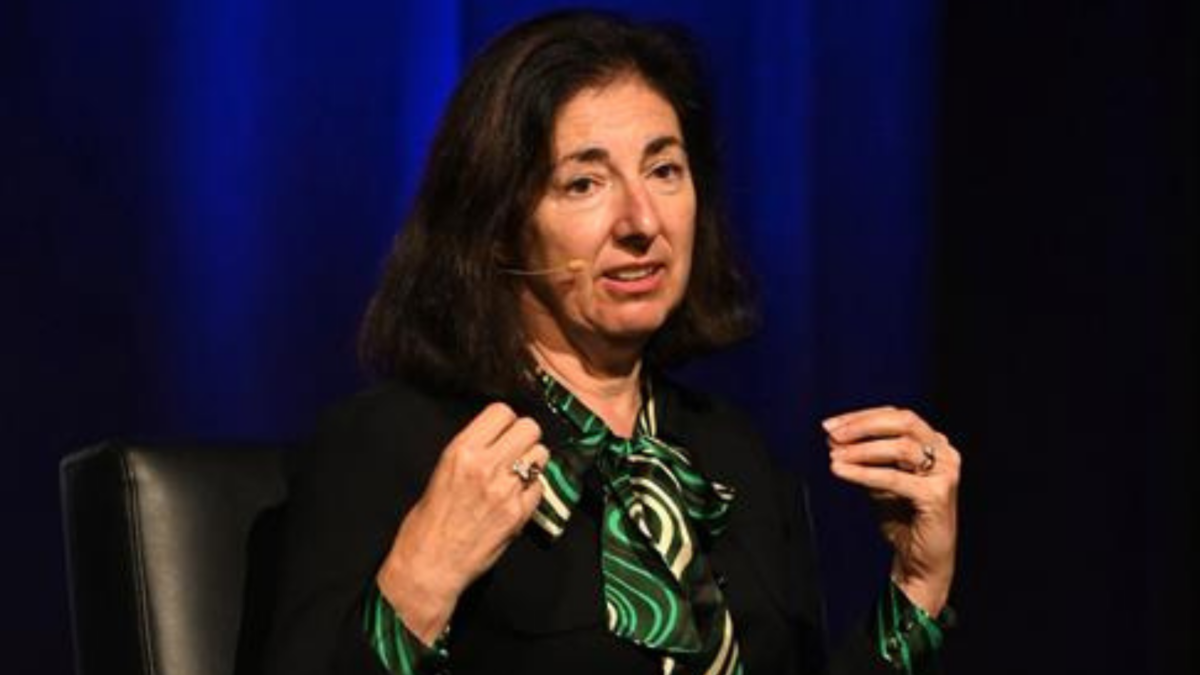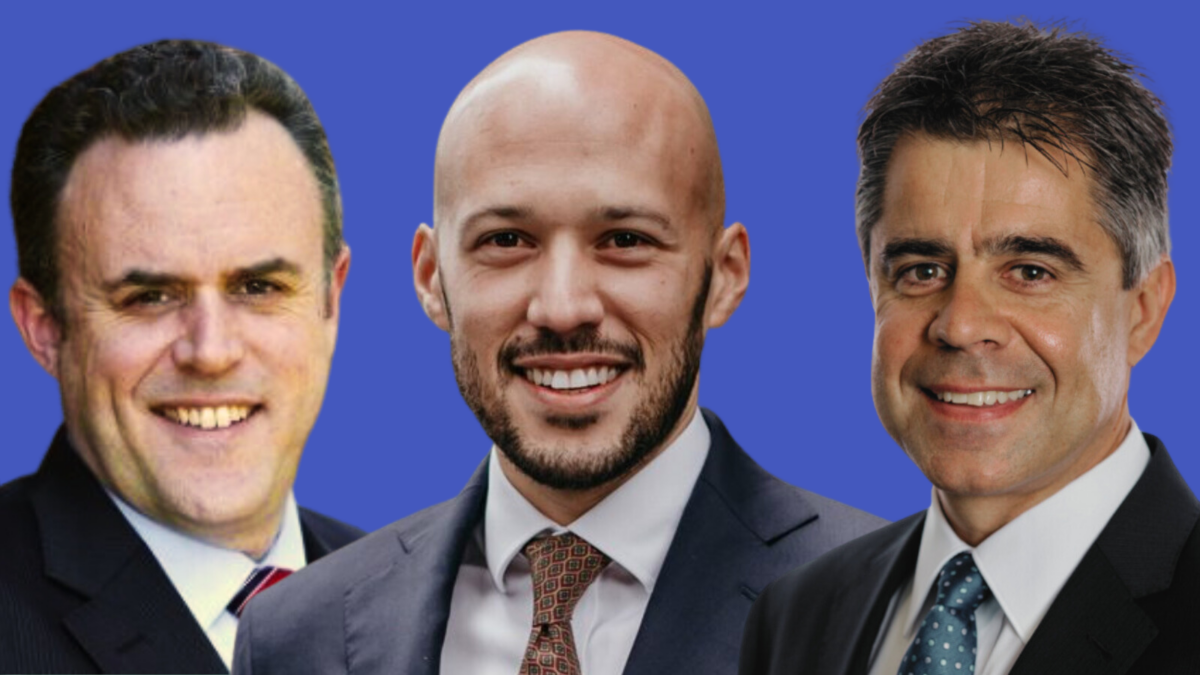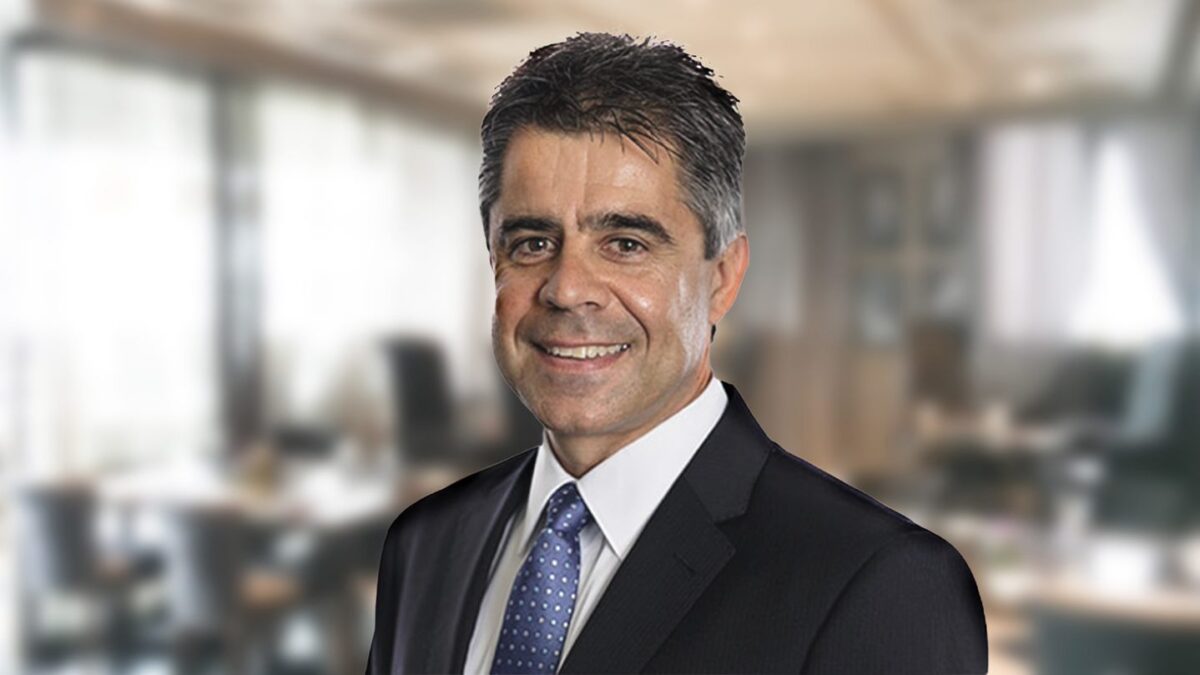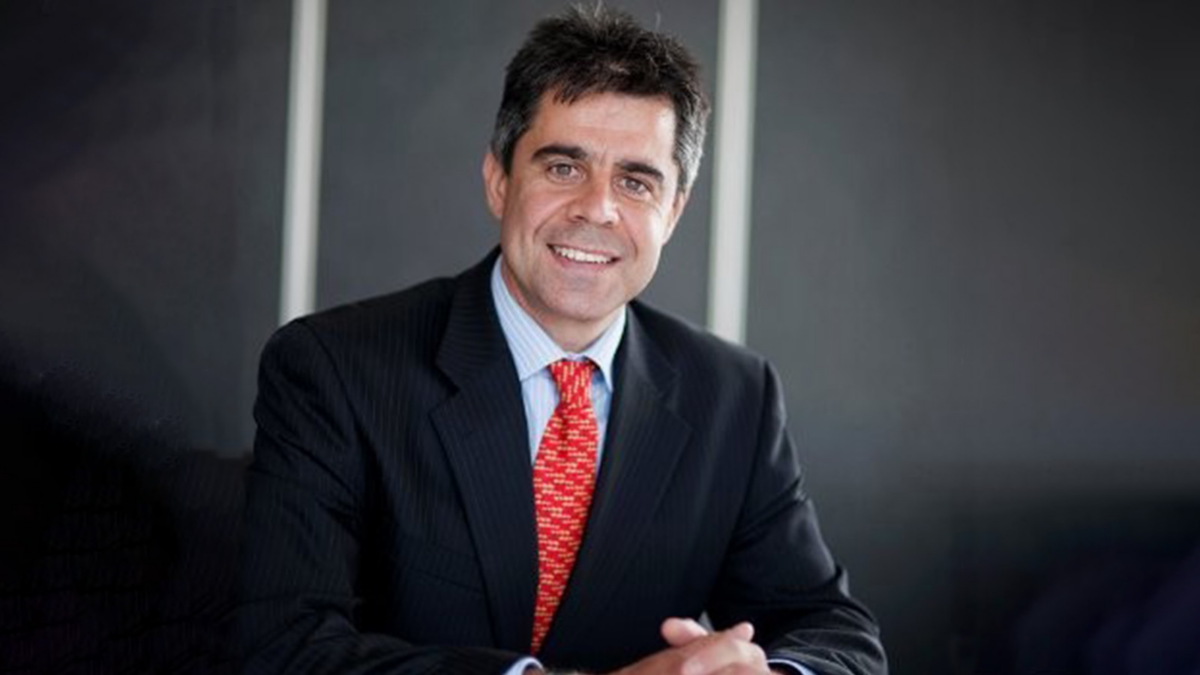-
Sort By
-
Newest
-
Newest
-
Oldest
The association has hit back at spurious claims from the Treasurer that the government conducted “heaps of consultation” on its proposed tax for super balances over $3 million.
The government’s plan to increase taxes on super balances above $3 million will have a costly impact on the SMSF sector, with thousands of members likely to face liquidity stress, according to new research from the University of Adelaide’s International Centre for Financial Services.
A principled approach to advice regulation is clearly the way forward for advisers, Neil Sparks says. But what’s missing in the discussion is how beneficial the Quality of Advice Review output will also be for consumers.
If super funds can’t implement the retirement income covenant’s mandate to provide retirement guidance, the review lead pointed out, how are they going to handle the responsibility of saving financial advice?
With new data showing offshore share investments comprise just 2 percent of total self-managed superannuation fund assets in Australia, advisers are warning SMSFs against overreliance on domestic shares and cash and urging diversification.
With almost $600 million worth of SMSF assets held in art – up 54 per cent since 2016 – the original alternative investment is seeing a significant resurgence in popularity.
Stakeholders have welcomed a recommendation from the Senate Economics Legislative Committee that the government review its controversial plan to limit franking credits stemming from capital raisings and share buybacks.
While the move to tax superannuation balances above $3 million at a higher rate would affect only a handful of people at first, if the threshold is not indexed to inflation, future generations may be turned off from investing in their super, industry leaders say.
The federal government plans to use part of the $4.2 billion projected budget surplus to provide cost-of-living relief for Australian households and small businesses. It’s also moving forward with controversial plans to change tax concessions for the superannuation industry.
Peter Burgess told the SMSF Association’s National Conference the industry group has pushed for some of the developments, while it continues to oppose others, such as a high-balance cap. The government now plans instead to double the tax rate for funds with very high balances.

